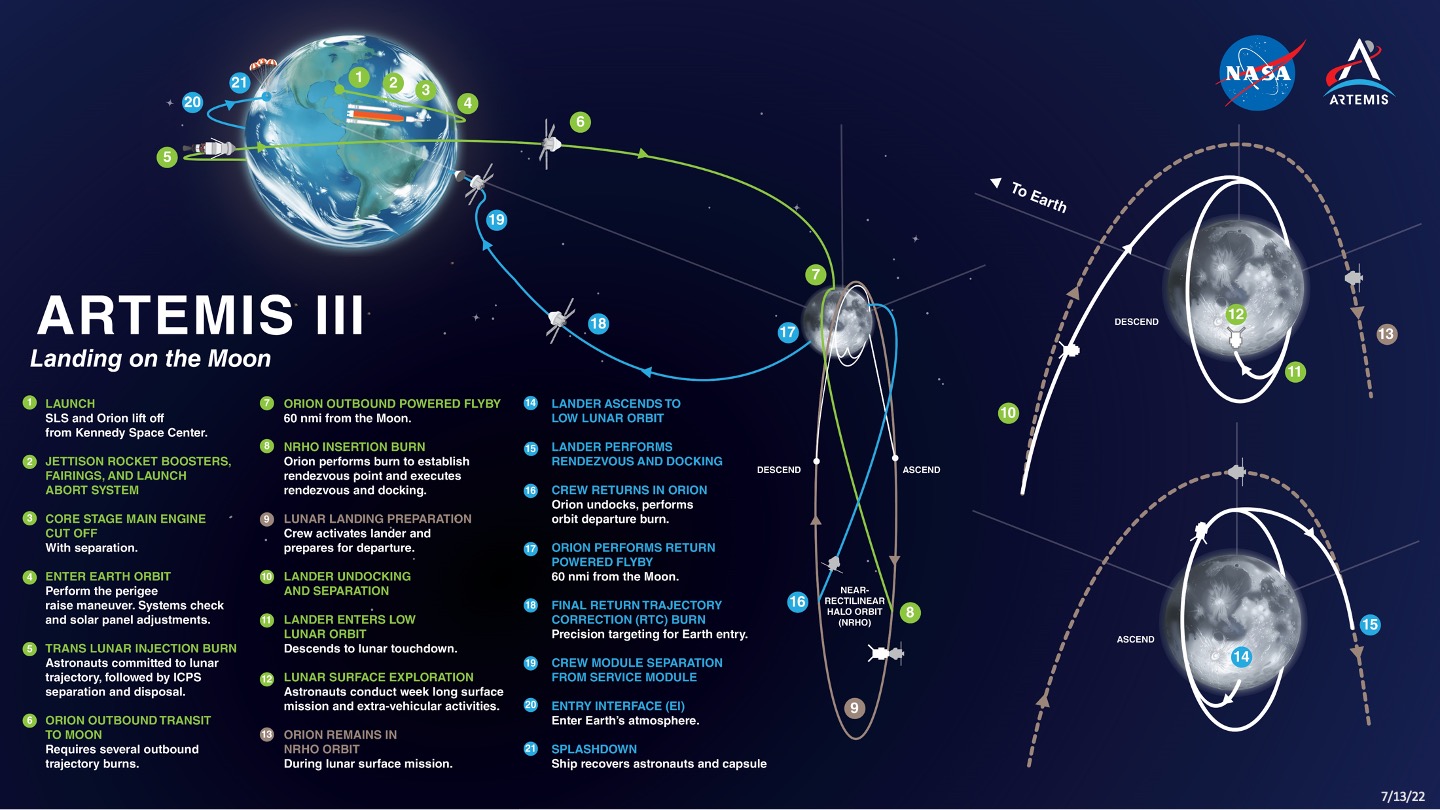Earlier this month, NASA announced that Artemis II, the upcoming mission to send four astronauts around the moon, would face a delay. The launch, which was originally slated to come in 2024, was pushed back to 2025, inevitably delaying Artemis III as well, which will mark humanity’s return to the Moon for the first time since the Apollo program.
While whispers about the delay have been circling for some time, and reports from the GAO said it would likely see a delay back in December, the actual announcement felt like a punch to the gut for many. However, the reasons for the delay have been kept close to the chest, with NASA quoting “safety” as the number one reason.
But, if a report from Reuters is to be believed, those safety concerns and the Artemis delay itself could have come about because of SpaceX’s ongoing issues with Starship, the company’s big-budget rocket system, which will help carry the astronauts down to the lunar surface.

For anyone who hasn’t been following the ongoing issues with Starship, SpaceX has launched the rocket two times thus far. However, both launches ended with the rocket being destroyed. The first Starship launch saw SpaceX pull the plug and self-destruct it, reigning debris everywhere. The second, however, the rocket exploded while much higher in orbit.
Because of the repeated “failures” of the Starship launches, it’s possible NASA wanted to slow things down and thus delayed Artemis to help give SpaceX more time to figure things out. The Artemis program is extremely complex, and even some former NASA administrators have called it too complex, citing a need to reboot the Artemis program without all the commercial involvement.
Whether SpaceX was the reason for the delay or not, though, is unclear, as NASA hasn’t said anything officially. But, if Reuters’ sources are correct, and SpaceX’s ongoing issues with Starship are to blame, then hopefully, the third test of the rocket will bring some much-needed good news for the folks working on Artemis.








